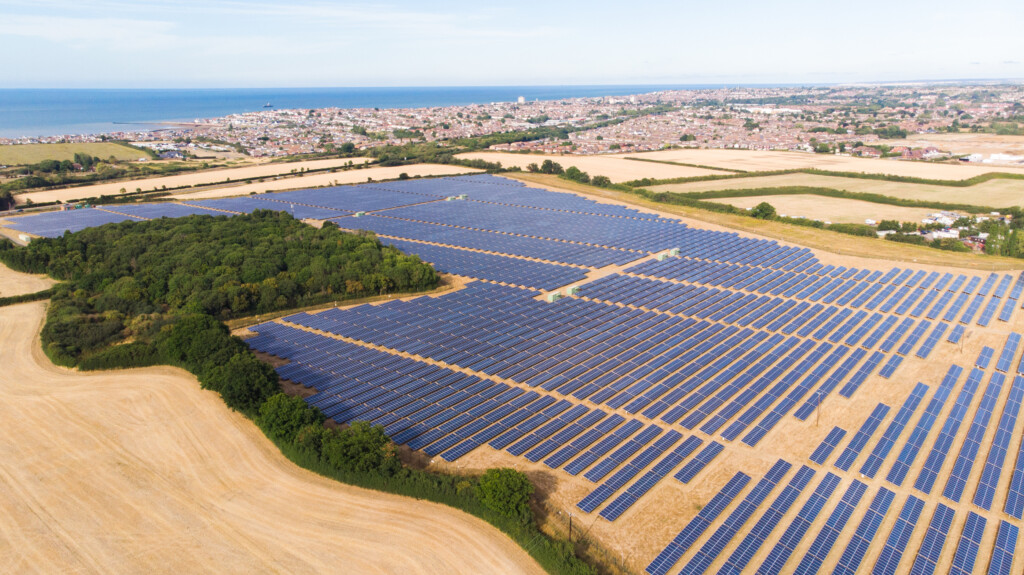It’s really important to us that the communities that host our projects benefit directly from them. So it’s good to see the UK Government open a consultation looking at improving the benefits offered by renewable energy projects to local communities. The consultation is focused on on-shore wind projects but we hope it will set a standard that all renewable energy projects will aspire to.
Discounted energy bills is one of the benefits under consideration. When we talk to local residents about new projects, we’re often asked whether they can buy electricity directly from our projects. The way the UK energy market is currently regulated means that’s not possible. Clearstone is able to work around this by offering an electricity bill subsidy to those households closest to the site so they directly benefit from the electricity generated by their renewable energy neighbour.
Something not mentioned in the consultation is the potential for renewable energy projects to support low income households that face challenges paying for the energy they need for heat, light and cooking. Around 13% of the UK population live in fuel poverty. Often they live in poorly insulated, energy inefficient houses which use more energy and cost more money. Improving energy efficiency in these homes reduces energy usage, which reduces bills and reduces greenhouse gas emissions. We think the energy industry has a duty to support these people.
It’s not new, energy suppliers already contribute financially to energy efficiency improvements for low income households through something called the Energy Company Obligation (ECO). But it’s not enough to help everyone. It’s why Clearstone projects offer a financial contribution to support energy efficiency initiatives focused on low-income households in the communities that host them.
We’re looking forward to sharing our thinking as part of the Government consultation process. If you want to read more about the consultation head to the Government’s Climate Change and Energy web pages.
